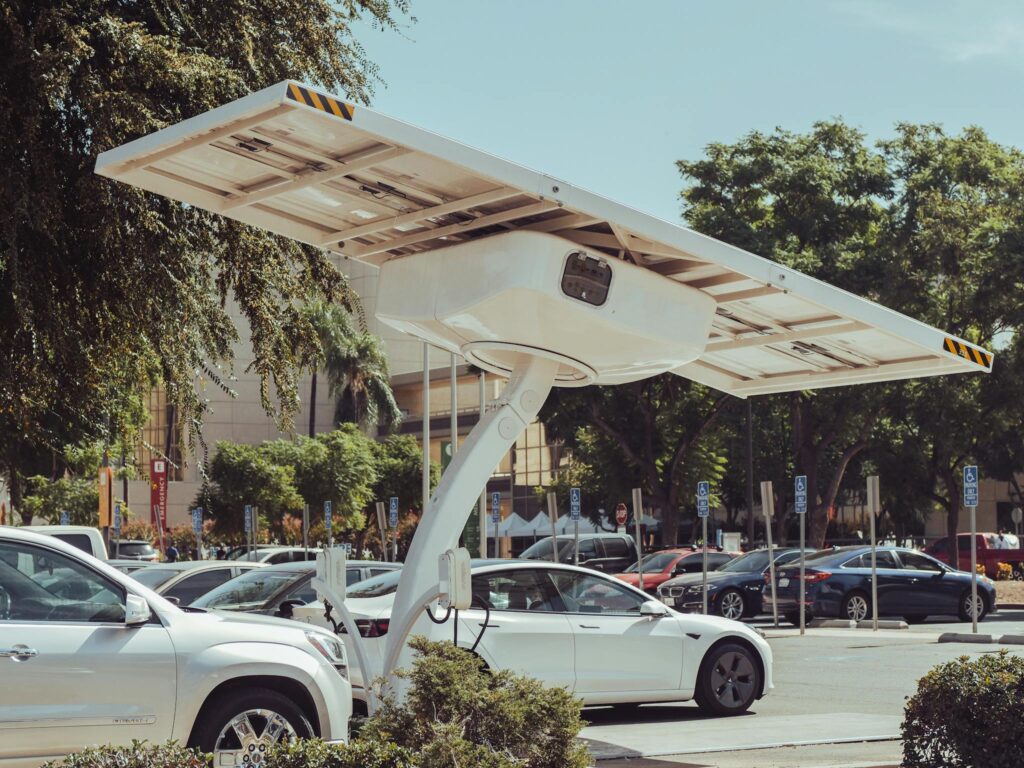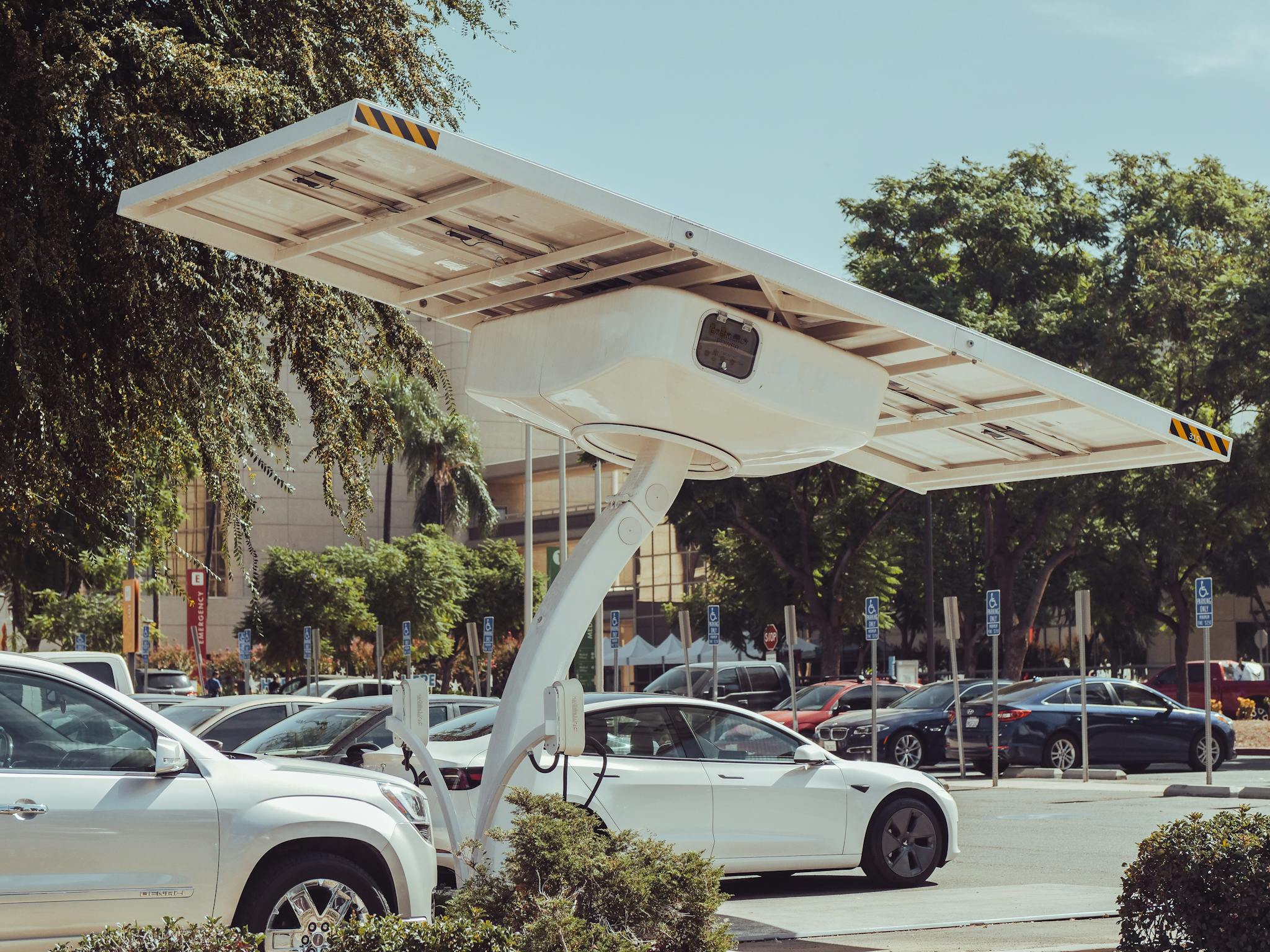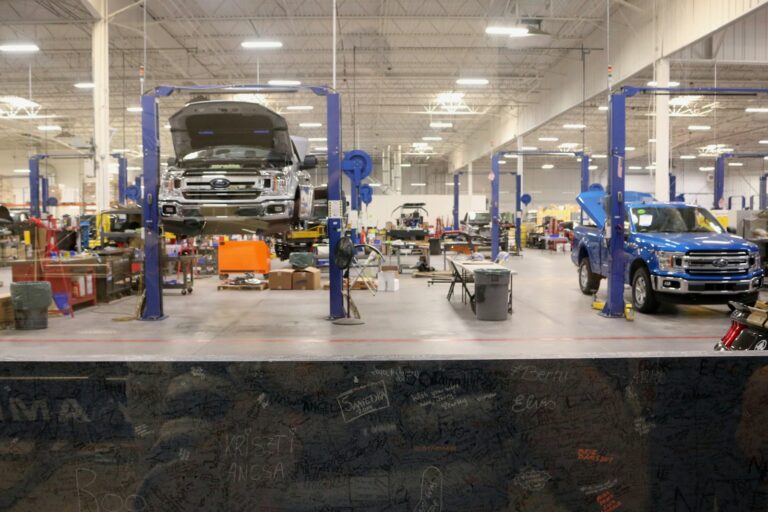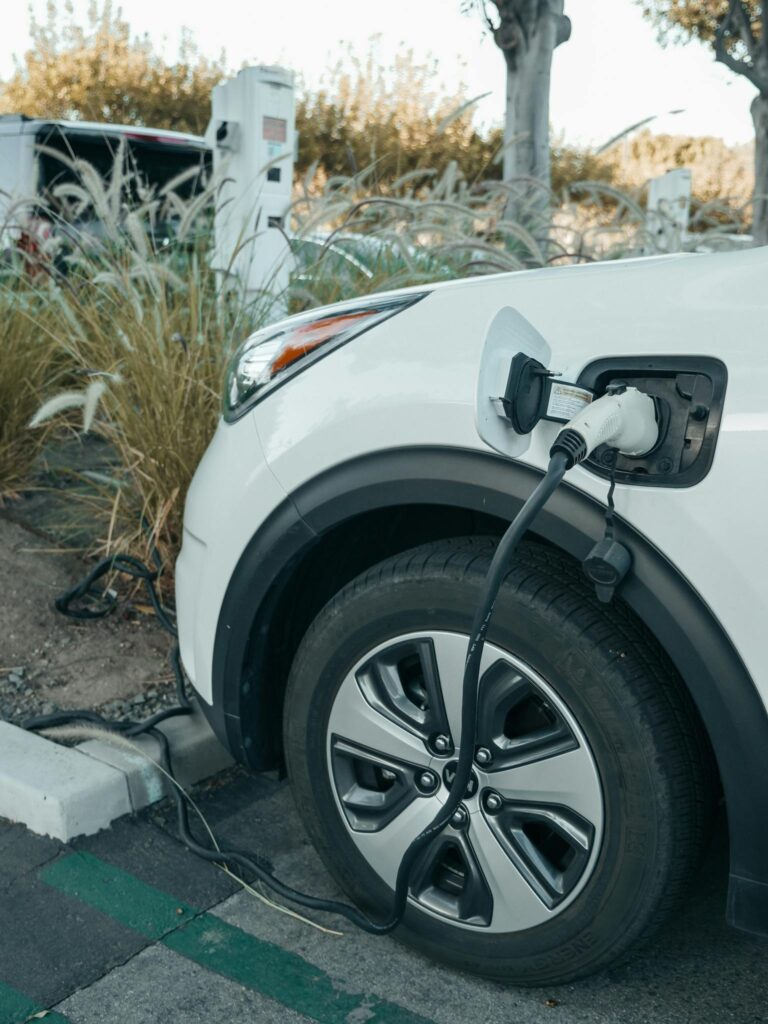Breaking: Toyota Unveils Revolutionary Solid-State Battery Technology
In a landmark announcement that promises to reshape the electric vehicle landscape, Toyota Motor Corporation has unveiled its long-anticipated solid-state battery technology. The Japanese automotive giant revealed today that after 12 years of research and development, it has achieved a major breakthrough in battery technology that delivers unprecedented charging speeds, enhanced safety, and significantly improved driving range. This development, announced during a press conference at Toyota’s Technology Center in Aichi, Japan, represents a potential solution to the primary obstacles that have historically limited widespread EV adoption: charging time, range limitations, and battery longevity. “This isn’t just an improvement in battery technology – it’s a fundamental reimagining of what’s possible in electric vehicles,” said Koji Sato, President of Toyota Motor Corporation, during the announcement.

Key Points:
- Charging time: Under 10 minutes (20-80%)
- Energy density: 400 Wh/kg (double current technology)
- Production timeline: 2025 launch in Lexus vehicles
- Cost reduction: 40% lower than current battery technology
Technical Breakthrough: How Toyota’s Solid-State Battery Works
Toyota’s groundbreaking solid-state battery technology represents the most significant advancement in electric vehicle power systems in the past decade. Unlike conventional lithium-ion batteries that use liquid electrolytes, Toyota’s new solid-state design employs a solid electrolyte material, dramatically reducing fire risks while enabling faster charging capabilities.
The innovative technology boasts an impressive energy density of 400 Wh/kg, nearly double the capacity of current lithium-ion batteries. According to Toyota’s Chief Technology Officer, Dr. Hiroshi Shimizu, this breakthrough allows for a full charge in under 10 minutes while maintaining stable performance across a wider temperature range (-30°C to 100°C).
“This isn’t just an incremental improvement – it’s a fundamental shift in battery technology,” explains Dr. Sarah Martinez, lead battery researcher at Michigan State University. “The solid electrolyte eliminates the risk of electrolyte leakage and thermal runaway, two primary safety concerns with traditional EV batteries.”
The construction of these new batteries utilizes a proprietary ceramic-based material that Toyota has been developing for over eight years. Key specifications include:
- Voltage output: 2.5V per cell
- Cycle life: 3,000+ charges
- Operating temperature range: -30°C to 100°C (-22°F to 212°F)
- Energy density: 400 Wh/kg
- Charging time: 8-10 minutes (20-80%)
Laboratory testing has demonstrated remarkable stability under extreme conditions, with zero thermal incidents recorded across 100,000 test cycles. Toyota engineers have successfully addressed previous challenges with solid-state technology, including interface resistance and manufacturing scalability.
The company has also developed a new manufacturing process that reduces production costs by 40% compared to earlier solid-state prototypes. This advancement makes mass production financially viable, with estimated costs approaching $75 per kWh – significantly lower than current lithium-ion battery production costs of $132 per kWh.
Market Impact: What This Means for Electric Vehicle Industry
Toyota’s solid-state battery announcement has sent shockwaves through the automotive industry, with the company’s stock surging 12% in early trading. Industry analysts predict this technological leap could accelerate EV adoption rates by addressing two primary consumer concerns: charging time and range anxiety.
“This is a game-changing moment for the entire automotive sector,” says Michael Rodriguez, Senior Automotive Analyst at BloombergNEF. “With Toyota’s planned production timeline, we could see solid-state batteries in mass-market vehicles by 2025, potentially reducing EV prices by 20-30% while doubling range capabilities.”
The competitive landscape is already shifting in response to Toyota’s announcement. Major competitors including Volkswagen, Ford, and General Motors have seen their stock prices decline by 3-5%, as investors recalibrate expectations for the EV market. Tesla, which has heavily invested in traditional lithium-ion technology, experienced a 7% drop in share value.
Market projections indicate:
- Global EV market share could reach 45% by 2030 (up from previous 35% estimates)
- Battery production costs expected to fall below $50/kWh by 2027
- Potential $138 billion market for solid-state batteries by 2030
- 60% reduction in battery replacement costs over vehicle lifetime
Toyota’s first-mover advantage in solid-state technology could reshape traditional automotive industry hierarchies. The company has already secured over 1,000 patents related to solid-state battery technology, positioning itself as a potential supplier to other manufacturers.
“We’re seeing a fundamental shift in the competitive dynamics of the EV market,” explains Joseph Chen, Senior Editor at CarsInsiders.com. “Toyota’s decision to license this technology could accelerate industry-wide adoption while generating significant revenue through patent licensing.”
Investment in solid-state battery research has tripled industry-wide since Toyota’s announcement, with major battery manufacturers like CATL and SK Innovation announcing increased R&D budgets. This technological arms race could accelerate the timeline for affordable, long-range EVs reaching consumers.
Future Applications and Development Timeline
Toyota has outlined an aggressive roadmap for implementing its solid-state battery technology, with the first production vehicles scheduled to roll out in early 2025. The initial deployment will begin with the luxury Lexus brand, specifically a new electric SUV model that will serve as the technology’s flagship demonstration.
“We’re taking a methodical approach to ensure flawless integration and reliability,” states James Thompson, Toyota’s Head of EV Development. “The technology will debut in our Lexus line before cascading to mainstream Toyota models by late 2026.”
The implementation schedule includes several key milestones:
- Q3 2024: Final validation testing
- Q1 2025: Lexus EV flagship launch
- Q4 2025: Production facility completion in Aichi, Japan
- Q2 2026: Begin licensing to select partners
- Q4 2026: First mass-market Toyota EV with solid-state batteries
- 2027: Full-scale production across multiple vehicle segments
Toyota has already broken ground on a $3.4 billion manufacturing facility in Aichi, Japan, dedicated to solid-state battery production. The plant will have an initial capacity of 100,000 battery packs annually, with plans to scale to 500,000 units by 2028.
Beyond automotive applications, Toyota has identified several potential uses for its solid-state technology:
- Grid energy storage systems
- Commercial vehicle fleets
- Marine transportation
- Aerospace applications
- Portable electronics
Partnership discussions are already underway with several major manufacturers. Toyota has confirmed preliminary agreements with BMW and Subaru for technology sharing, while negotiations continue with other potential partners.
“The versatility of solid-state technology extends far beyond personal vehicles,” notes Dr. Jennifer Wu, Director of Advanced Materials Research at Toyota. “We’re exploring applications that could revolutionize energy storage across multiple industries.”
The company has also established a dedicated training program for service technicians, ensuring its dealer network will be fully prepared for the new technology. Initial training modules will begin rolling out to Lexus service centers in Q3 2024, followed by Toyota dealers in early 2025.
The Road Ahead: Toyota’s Battery Revolution Sets New Industry Standard
Toyota’s solid-state battery breakthrough marks a defining moment in automotive history, positioning the company at the forefront of the electric vehicle revolution. With its combination of rapid charging capabilities, enhanced safety features, and improved energy density, this technology addresses the core challenges that have historically hindered widespread EV adoption.
As the industry watches Toyota’s methodical rollout through 2025 and beyond, the ripple effects of this innovation will likely transform not just the automotive sector, but the entire energy storage landscape. The company’s willingness to license the technology suggests a future where solid-state batteries could become the new standard across multiple industries, accelerating the global transition to sustainable energy solutions.
“This technology represents more than just a new chapter in Toyota’s history – it’s a fundamental shift in how we’ll power the future of transportation,” reflects Joseph Chen, Senior Editor at CarsInsiders.com. “The real winners here are consumers, who will soon have access to electric vehicles that finally overcome the limitations of current battery technology.”






